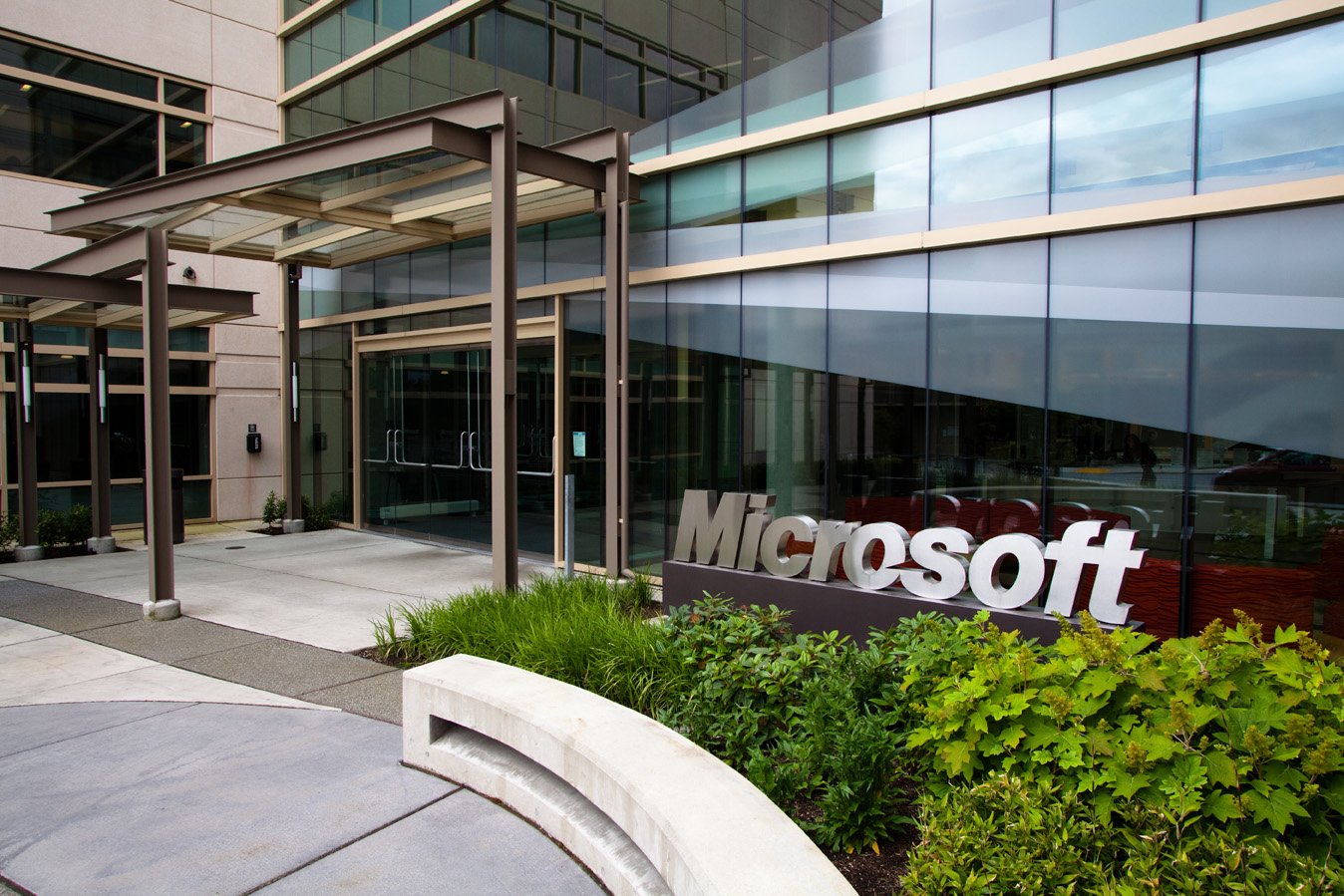Will Microsoft succeed in the Internet of Things?

Ever since Steve Ballmer stepped down to make room for Satya Nadella as the new CEO of Microsoft, the company has been loudly talking about its mobile first, cloud first strategy and the Internet of Things (IoT).
I think this change in how Microsoft talks about itself makes sense. After all, the desktop and notebook markets are not growth businesses anymore, and Microsoft is actually shrinking here as Windows loses market share to Apple and now Chrome OS. Google is making great strides pushing into the enterprise with Chromebooks and Chrome OS desktop boxes. I think the days of Microsoft dominating the desktop computer space are numbered.
So what are they to do? Focus on the enterprise. Focus on cloud-hosted app suites like Office 365 powered by their own Azure cloud technology. And of course, build infrastructure for other businesses to power their own cloud-hosted apps on Azure while feeding them great analytics to make business decisions.
The Internet of Things (IoT) is the new way to talking about what Nortel Networks used to call "hyper-connectivity". The idea is that internet-connected devices won't be limited to what we hold in our hands (our devices), but by what those devices connect to. This is a huge market, obviously. Connectedly exists because of this massive trend.
So the question is … can Microsoft do well here? On one end of the argument I'd like to think they can. The cloud has been around for a while but it's still a new thing when it comes to overall penetration into our lives. Microsoft is late to the party (at least marketing-wise), but they are not too late to be huge. But on the other hand, I feel that Microsoft is too disconnected from the mobile side of the equation. And I wonder if they'll never amount to much in the IoT market.
Look at Google and Apple. Together these companies dominate the vast majority of the world market for mobile device operating systems. Microsoft, BlackBerry and any other competing OS represent what a friend of mine calls "a pimple on the ass of progress." They're insignificant on the global scene.
And because the IoT grows based on entrepreneurs developing new products that connect to our mobile devices, these entrepreneurs focus on iOS and Android when it comes to mobile development. Microsoft is an afterthought.
Get the Windows Central Newsletter
All the latest news, reviews, and guides for Windows and Xbox diehards.
When it comes to cloud-hosting of apps, I can't help but notice that most entrepreneurs tend to model what already works. Startups are much more acquainted with Amazon AWS versus, say, Azure. Discussion sites where coders hang out, like StackOverflow, are far more populated with references to AWS than Azure.
So I'm curious what Microsoft really plans to do here. Maybe they're looking to generate growth in the Internet of Things that operates in the background, not connecting to our mobile devices and not really connected to the consumer market. I can't see Microsoft mattering when it comes to the home or automobile. But I can see them mattering for cloud-based enterprise-focused solutions whether it be security, factory automation, fleet management, or other "things" that don't really matter to the average consumer.
I guess this just highlights how big the IoT market will be. As consumers we'll just see the front end of it. Behind the scenes there will be a whole lot more that remains invisible to us.
What do you think? Will Microsoft be successful here?
